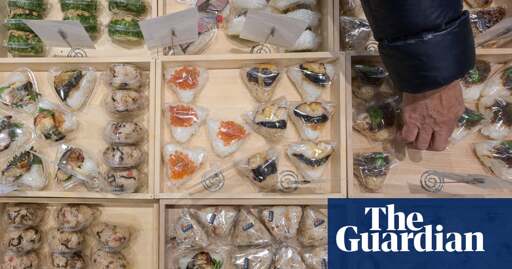Japan’s rice stockpiles had already depleted after record-breaking temperatures affected the 2023 crop. Stockpiles shrank again last year, partly due to a rise in consumption caused by record numbers of tourists. Supplies were also hit by panic buying in the wake of typhoon and earthquake warnings, forcing some retailers to restrict sales.
More context here, this whole situation stems from a government policy issue that most media on this topic will miss.
Kazuhito Yamashita, a research director at the Canon Institute for Global Studies, speaks in an interview with the Mainichi Shimbun in Tokyo’s Chiyoda Ward on Aug. 6, 2024. (Mainichi/Megumi Udagawa)
Q: What is the main factor, then?
A: The reason there is a shortage of rice is because of the acreage reduction policy which decreases the amount of land devoted to cultivation. Under acreage reduction, rice production is cut to raise market prices, and the government provides subsidies to rice farmers who switch to other crops such as wheat or soybeans. Japan has continued this policy for over 50 years.
A terrible policy
Q: It’s said that the decline in rice consumption is serious, but if the amount produced increased and the price went down, people would eat more, wouldn’t they?
A: Exactly. Rice acreage reduction is an absolutely terrible policy. The government spends over 300 billion yen (about $2.06 billion) in subsidies annually to decrease the amount of rice produced, thus going out of its way to raise the price and increasing the burden on consumers. In the medical field, for example, the government spends money to reduce the financial burden on citizens, but the rice acreage reduction does the opposite – it is using taxpayer money to make consumers suffer.
https://mainichi.jp/english/articles/20240823/p2a/00m/0bu/024000c
Edit: I wonder if there’s a happy middle ground. Increase production but then the govt purchases the excess to either stockpile or sell off the excess to the rest of the world (so it doesn’t lower domestic prices too much). And by increasing the stockpile the government could also more readily adapt to market shocks like this due to climate change, extreme weather, wars, etc.
It’s not like rice goes bad either. It’s great with good storage abilities.



